You might be wondering what to expect at your comprehensive eye exam. You have never had one before or haven’t been in years, so it’s understandable if you’re unsure of the procedure and how things work. An eye exam can tell you a lot about your overall health, and it’s important to have one every year. Here’s what you can expect during an exam:
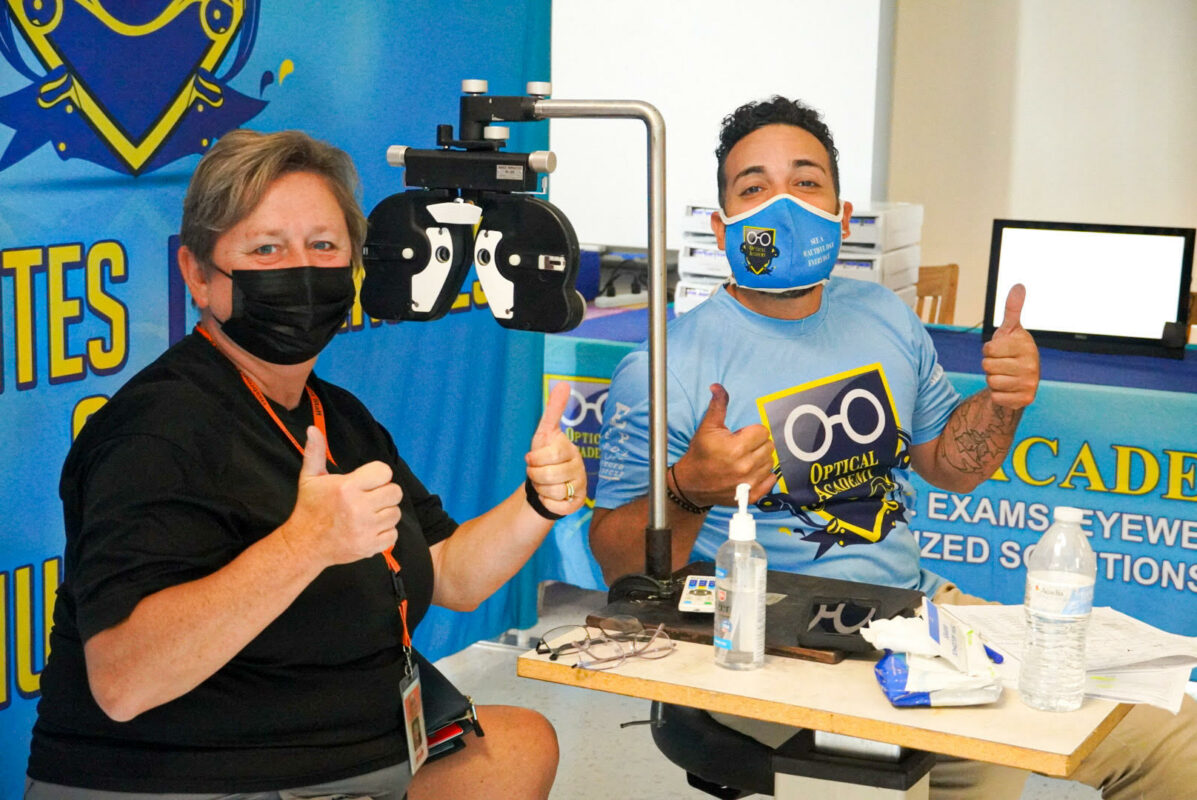
Refraction Test
A Refraction eye exam determines if you need glasses or contact lenses. Your eye doctor will use a phoropter machine. It has many different lenses and allows them to see what shape your eyes take when they’re in focus.
Visual Acuity Test
This measures how well you see at various distances. The most common way optometrists measure your visual acuity is through a Snellen chart.
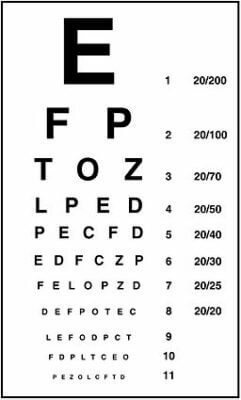
Pupil Reaction Test
During this portion of a comprehensive eye exam, your doctor will check to see how your pupils respond to light. The light affects the size of your pupils which assesses the reflex that controls the size.
Cover Test
The doctor will ask you to follow an object with your eyes while he covers one eye at a time. This tests for crossed eyes or other problems with eye alignment.
Color Blindness Test
You will be asked to identify different colors in this test. Color blindness is relatively rare, but it is something that can be detected with an eye exam.
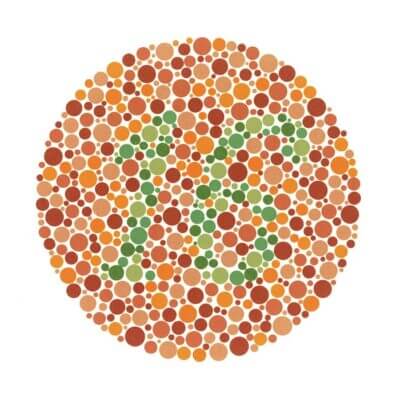
Tonometry Test
This measures the pressure inside your eye. It is important to know what the pressure is because if it is too high, it could be a sign of glaucoma. The test is quick and painless.
Eye Dilation Test
Eye Dilation is a very important test because it allows the doctor to get a good look at the back of your eye. Drops are placed in your eyes to widen (or dilate) your pupils. During the dilation, the doctor will use a special magnifying lens to look at your retina and optic nerve. This is how they check for signs of disease, such as glaucoma or macular degeneration. This can make your vision blurry for a few hours, so you may want to bring someone with you to drive you home.
Should I Wear My Contacts To an Eye Exam?
When going in for your eye exam it’s best to not wear your contact lenses. The doctor needs to see what your natural vision is like and how healthy your eyes are. Wearing contacts can interfere with this. You should bring your contact lenses with you and your prescription. This can give insight to your doctor on how your current contacts fit.
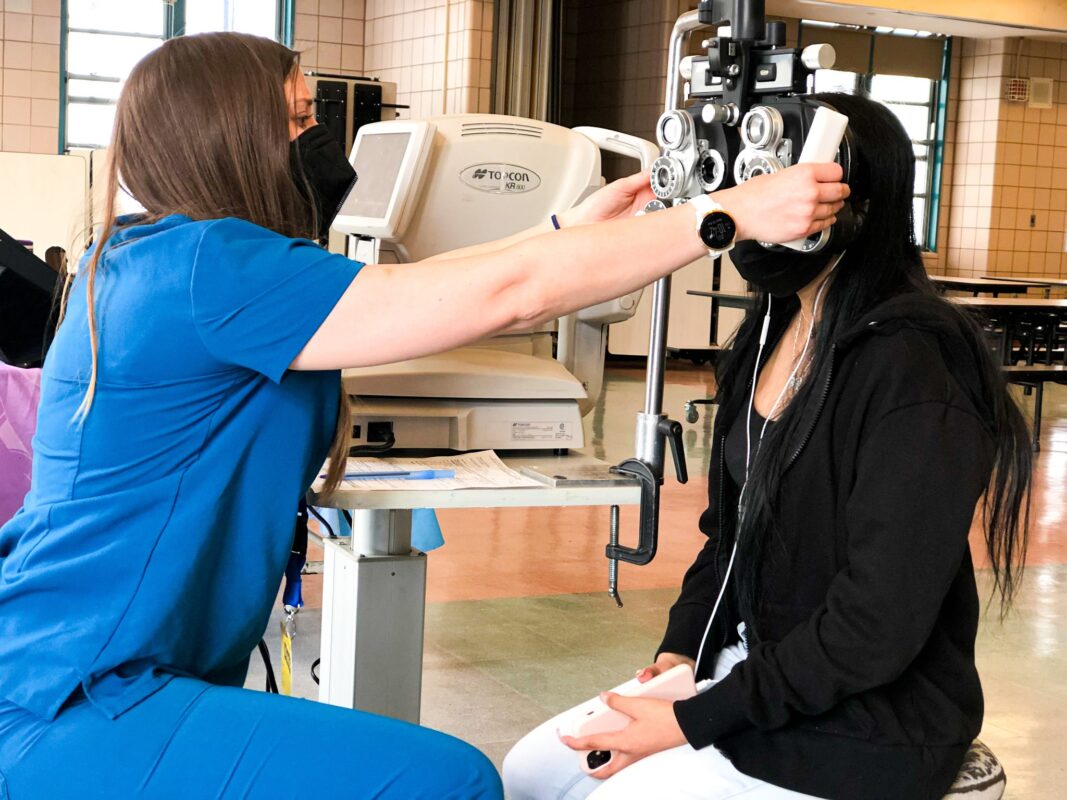
What do eye exams evaluate?
An eye exam evaluates your vision and the health of your eyes. Your doctor will check to see if you need a corrective lens prescription and will also look for signs of eye disease.
What to expect after an eye exam?
After an eye exam, the doctor will discuss the results with you. If you need glasses or contact lenses, they will help you choose the right prescription. They will also talk to you about any eye diseases that they found and what you can do to treat them.
Bottom Line
Here is what to expect for an eye exam. An eye exam is a comprehensive evaluation of your vision and the health of your eyes. It is important to have one every year, even if you think your vision is fine. Wearing contacts to an exam can interfere with the doctor’s ability to properly assess your vision, so be sure to take them out before your appointment.
An exam can detect eye diseases in their early stages when they are most treatable. After the exam, the doctor will discuss the results with you and help you choose the best course of action for your vision needs.
Book an Appointment with Optical Academy. You can also book our Mobile Vision Team to bring eye care to you and your community!
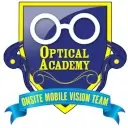

Worksite
All Employees Served With Direct Vision Care All In One Day At Their Worksite!.
Glasses2Classes
Vision screenings, eye exams, and eyewear for all students at their schools!
Community Events
Provide Easy Access To Eye Care & Eyewear for Your Entire Community!
At Home
Skip the trip! We travel directly to all fragile homebound patients!